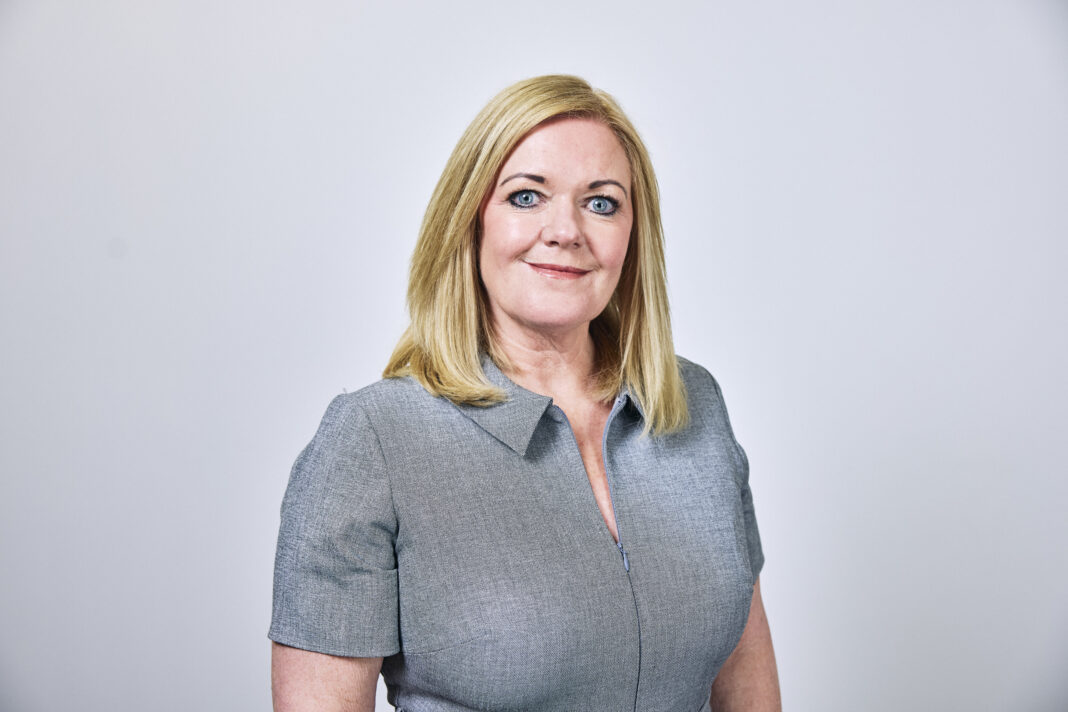A majority of UK estate agents are taking annual leave this summer, despite the traditionally high demand during peak property season, according to new research from eXp UK.
The survey, commissioned by the self-employed agency network, found that 32% of agents have already taken summer leave, another 32% have confirmed plans to do so and 12% hope to take time off before the end of August. Just 24% said they had no plans to take leave during this period.
Of those taking a break, 38% expect to be away for four to seven days, while 27% are planning between eight and fourteen days. A fifth (22%) anticipate taking over two weeks, and 14% said they’d take just one to three days off.
The research also revealed the operational pressures agents face when trying to take time off.
NO TIME FOR TIME OFF
While 73% managed to take their full preferred leave, 17% had to shorten it, and 10% couldn’t take time off at all. Similarly, 22% said they were unable to take leave when they wanted, citing understaffing (45%), high costs during peak season (30%), heavy workloads (15%) and denied requests (10%) as key barriers.
When asked about pressure to stay responsive while away, 39% said they felt no pressure, but 44% reported varying levels of stress to remain available to clients.
WORK-LIFE BALANCE

Adam Day, Head of eXp UK and Europe, says: “It is encouraging to see that most estate agents are prioritising their well-being by planning annual leave this summer despite the busy market.
“However, the data also shows that many are facing operational pressures such as short staffing and workload demands that impact their ability to take leave fully or when they want.”
He adds: “The industry should recognise these challenges and work towards supporting agents’ work-life balance, and this is, of course, one of the aspects that make the self-employed model so appealing.
“At the very worst, self-employed agents are free to manage their workload from the pool of their sun-soaked hotel, and it’s this flexibility and work-life balance that has seen the model gain such strong traction across the UK in a short period of time.”









